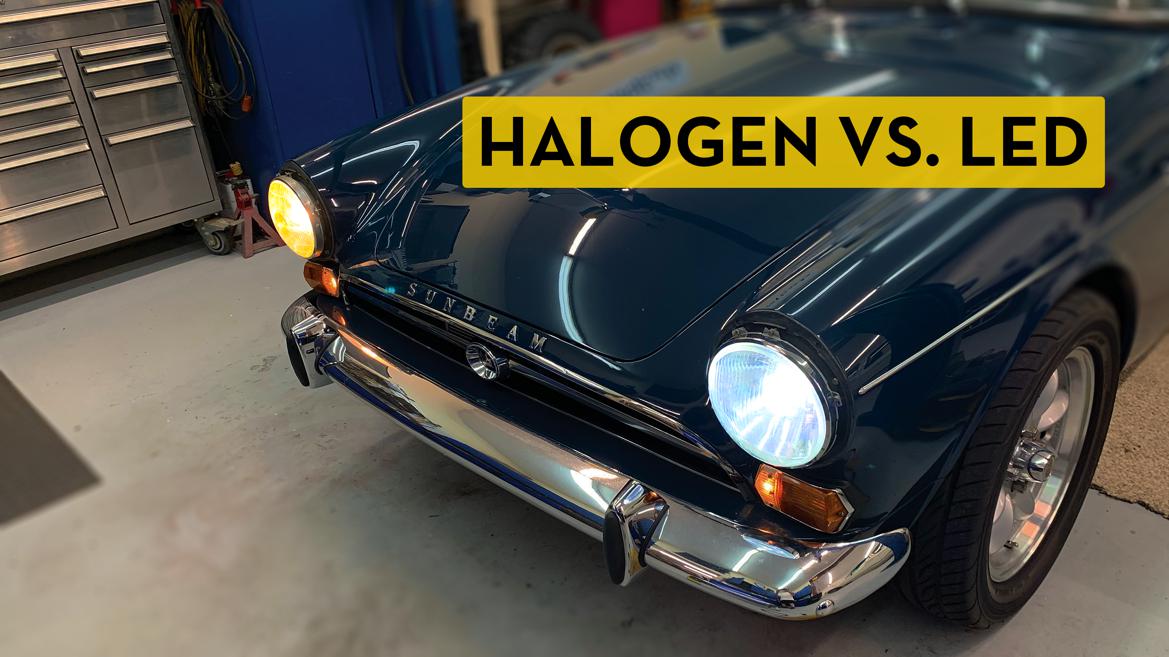
For nearly its entire run as one of our project cars, our C5 Corvette Z06 has worn some fancy aero bits from AJ Hartman, Shields Windshields and Nine Lives Racing. And while we’ve measured the effectiveness of that gear in lap time improvements, we haven’t determined exactly how the phy…
Read the rest of the story
I'm going to set this aside for a proper read, this looks like good stuff. Magnehelic gauges are a fantastic tool to have on hand, every time I start talking about aero I end up talking about relative pressures.
the really cheap way is to call us.
We will tell you everything we know for free. :)
I want to know more about making the aero using composites from mold making to end finishing aero project pieces whether canards to bumpers/ fenders etc Not a lot information on google but have searched in the past anyone knows any good links forums?
That's just "how do I make something out of composites", don't limit your reading to aero parts.
In reply to k20a2DC2 :
Youtube is your friend on this one. AJ Hartman Aero, Bill's Build & Race are some of my favorite channels on that topic
This is a great article on low-budget method - thank you! What kind of lap-time differences are you seeing with these changes?

wspohn
SuperDork
5/12/22 11:14 a.m.
Pretty easy to do aero testing if you have a track with a long straight and a repeatable cornering technique from the entry corner.
Up here in the upper left hand corner we used SIR (near Seattle) with the longest main straight in the area. Note the rpm as you hit the first braking marker, go change something and try again. Pretty accurate - I picked up 500 rpm between start and finish of testing.
In reply to wspohn :
Do you think you're measuring drag or cornering speed there? Because I can see how the two of them would change your results if you're cornering at maximum speed entering the straight. If you're trying to enter the straight at the same speed, you're just measuring drag and that won't tell you anything about your ability to grip the track.
I'd really love to know the lap time difference without the aero pieces and then again with.

You can measure the drag created by aero devices using coast down data.
You need a reliable means of capturing speed (speedometer anyone?) , and also elapsed seconds (stopwatch, etc).
A datalogger is great, but using video capture, place a timing device in frame along with the speedo.
Test on a straight level road, ideally without a head/tail wind, and clear of the wake from vehicles ahead or behind you.
Observe the video and note the coast down time vs MPH, then make a graph with Excel or similar software.
Make a baseline run, modify the aero, then a new run.
Add the new data in same sheet as the baseline run to see where and by how much the aero mods changed the results.
This is not high precision work, so expect and ignore minor numeric differences, but anything that's more than 5% should be confirmed with a second (or third) run.
Be safe!
If you can test at higher than legal speeds, on racetrack, or private location, great.
But the effects at lower speeds will be even greater at higher speeds, so lower speed testing can tell you if you are on the right track or not.
I know a guy who developed wheel flares for his nationally competitive F Production Midget using pieces of yarn taped to the body and flares, drove it on the highway and took pictures from a chase car.

SWGuru
New Reader
5/27/24 3:44 p.m.
The article says "Next, we installed our AJ Hartman wing, which offers a little more than 1000 square inches of area right up in the airflow. Based on suggestions from friends in the aero business, we positioned our sensor tube on the underside of the wing".
The underside of a race car wing should have lower pressure than ambient if you want downforce.
Unless you were measuring negative pressure and didn't mention the change from spoiler testing, the higher pressure should be on the top side of the wing to create downforce.
What was the reason "friends in the aero business" said to measure on the underside?
Thanks!




























